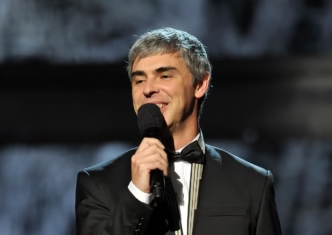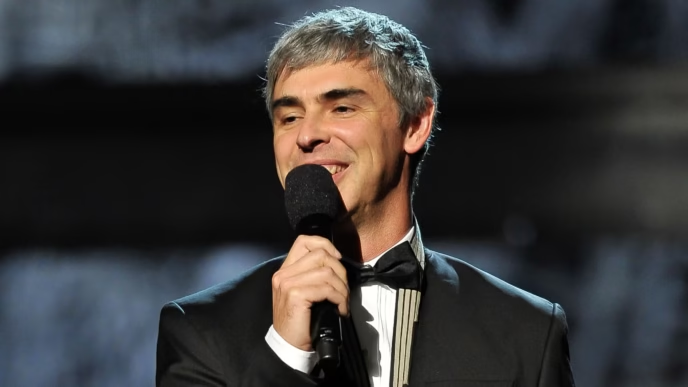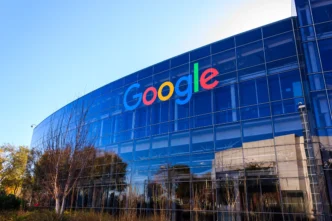OpenAI has decided to abandon its controversial plan to transition from a nonprofit to a for-profit entity after feedback from civic leaders and consultations with the Attorneys General of Delaware and California. These two states oversee OpenAI’s nonprofit status and had the authority to block the restructuring, which had attracted significant criticism from figures like Elon Musk and Meta.
Now, OpenAI’s nonprofit board, which recently made headlines for briefly firing CEO Sam Altman, will maintain oversight of the company’s commercial subsidiary. This subsidiary, previously a capped-profit business, will now be restructured as a Public Benefit Corporation (PBC), similar to companies like Anthropic and xAI. Under the new structure, investors and employees will be able to own regular stock without any cap on returns, a shift aimed at attracting more investment in the future.
The decision to abandon the nonprofit-to-profit transition comes after OpenAI raised billions of dollars, with investors demanding the removal of the profit cap to unlock greater financial returns. OpenAI’s spokesperson, Steve Sharpe, indicated that the nonprofit will still have a stake in the PBC, with the percentage increasing as the company’s valuation grows. However, CEO Sam Altman will not be granted equity in the company, despite having never owned a direct stake in OpenAI.
The California Attorney General’s office is still reviewing the new plan, while the Delaware AG has not commented on the matter. In an internal memo, Altman explained that the original structure, which capped returns, was suitable when OpenAI believed one dominant AGI effort would emerge. However, in a world with many AGI companies, the need for massive investment to achieve OpenAI’s goals of building AGI for all of humanity has become clear. He stated that the company will need “hundreds of billions of dollars, and may eventually require trillions” to bring AGI to the world.
OpenAI’s Vision and Commitment to Democratic AI
OpenAI’s mission remains rooted in ensuring that artificial general intelligence (AGI) benefits all of humanity. The company reflects on its origins, where the team initially didn’t have a clear business model and couldn’t predict the vast impact AI would have on fields like healthcare, education, and productivity.
Now, OpenAI views AGI as the most capable tool in human history, one that can empower everyone to create amazing things, even though there may be risks. The company continues to pursue its goal of democratizing AI, with an emphasis on open-sourcing powerful models and giving users freedom to utilize the technology within broad ethical boundaries.
OpenAI also recognizes the challenges of meeting the demand for AI, as the world’s need for the technology far exceeds the company’s current capacity. With usage limits on their systems, the company is working to scale up and meet this growing demand.
Altman emphasized that the restructuring plan aligns with OpenAI’s broader mission. The nonprofit will remain in control of the company, ensuring that AI serves the broader public interest, with a focus on health, education, and scientific discovery. The transition to a PBC structure is seen as a way to simplify OpenAI’s operations while still allowing for significant reinvestment into the mission.













